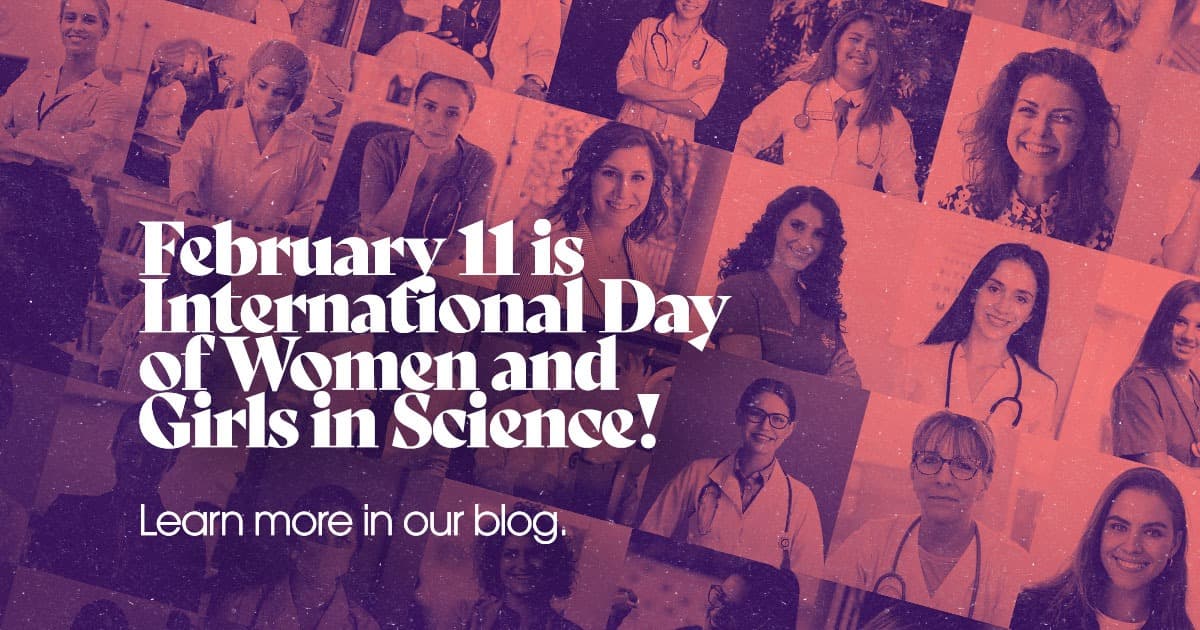Science, Technology, Engineering, and Mathematics (STEM) careers are the fastest-growing segment of jobs. Employers struggle to find available talent, yet women continue to be excluded from participating fully in science. International Day of Women and Girls in Science (IDWGIS) is on February 11. It is a day to celebrate the accomplishments of women in science and inspire women of all ages and backgrounds and why they are vital to future STEM efforts.

Equity, Diversity, and Inclusion
Over the past 15 years, the global community has made a lot of effort in inspiring and engaging women and girls in science. International Day of Women and Girls in Science provides different groups in society with the means and tools that give them equal opportunity in life. In return, this provides a pathway for allowing and empowering women to participate on an equal level in development interventions that concern them.
The IDWGIS committee approaches this goal with three human rights elements in mind. These are:
- Equity refers to fairness and justice in the way people are treated so that they all get equal opportunities to live healthy and productive lives.
- Diversity acknowledges that development measures will affect people from different genders and socio-cultural, ethnic, and religious backgrounds differently.
- Inclusion refers to the right to participate, irrespective of social status, affiliation, or gender.
Whether you’re attending a workshop or learning more about the women leaders in STEM, there are plenty of initiatives and events to involve yourself in.
Women are Vital to Research

At present, less than 30% of researchers worldwide are women. From a clinical trial volunteer perspective, women continue to be an underrepresented demographic. This ultimately affects the safety and effectiveness of treatments women receive.
Clinical research studies partner with individual volunteers to evaluate how safe and effective potential new therapies are before they are available for public use. They also see how they compare to any existing treatments regarding side effects, ease of use, if they work better, etc. When it comes to researching the conditions more dominant in women, it’s clear that women are crucial in advancing care options for these conditions.

Women’s healthcare has come a long way in identifying how hormonal, physical, and genetic factors affect how a woman’s body processes treatments differently than men. Participating in research studies is a great way to celebrate International Day of Women and Girls in Science. Seattle Clinical Research Center has several study options to consider for women of all ages.
Call us at (206) 522-3330 or visit our website for study and application information today!
Sources:



